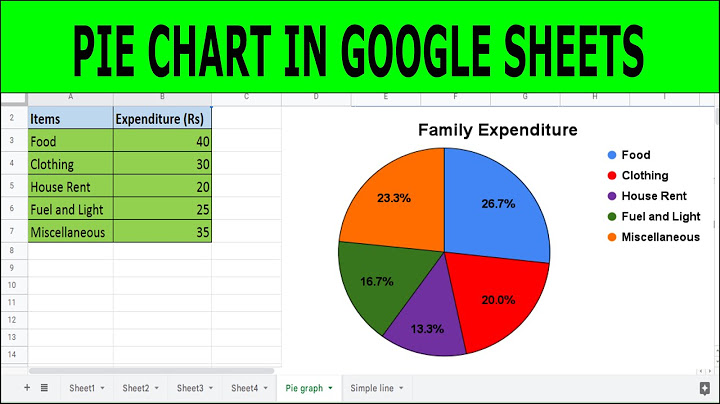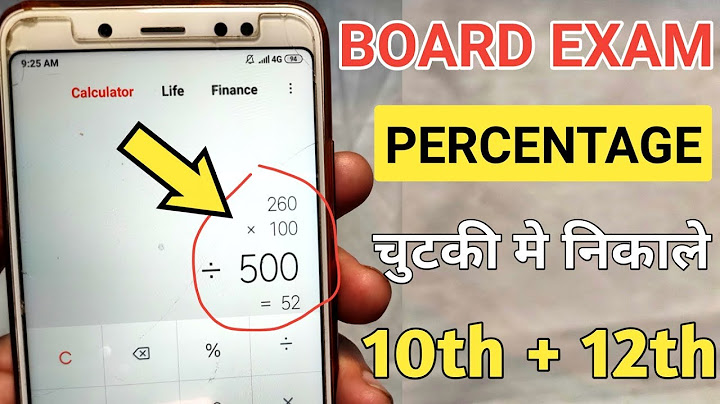MARK RALSTON | AFP | Getty Images Show
So you didn't win the $555 million Mega Millions jackpot Tuesday night. The glass half-full view? Phew! You dodged a huge tax bill. Of course, you get another shot in the next drawing to land a windfall — and then give a boatload of it to Uncle Sam. The national lottery game's top prize has rolled even further past the half-billion-dollar mark and is worth an estimated $630 million for Friday night's pull. More from Personal Finance: If won at that amount, it would mark Mega Millions' fifth-largest prize ever, but does not crack the top 10 biggest jackpots of all time. And, it would come with a sizable tax bill. Whether the prize is taken as an annuity of 30 payments over 29 years or as an immediate, reduced cash lump sum, taxes end up taking a big bite out of any winnings. $86.3 million would be withheld right off the batFor this $630 million jackpot, the cash option — which most winners choose — is $359.7 million. A mandatory 24% federal tax withholding on that amount would reduce your winnings by $86.3 million. However, because the top federal marginal tax rate is 37% — which applies to income above $539,900 as a single taxpayer or $647,850 for married couples filing jointly — you could expect to owe more at tax time. One way to reduce your tax bill is to think charitably, according to the American Institute of CPAs: You can contribute cash, up to 60% of your adjusted gross income, to a public charity or a donor-advised fund and get a tax deduction for the amount in the year you make the donation. You could also create a private foundation, donate income to it and then determine over time how to employ it. If you had no reduction in income, another 13%, or $46.7 million, would be due to the IRS ($133 million in all). That would reduce the windfall to $226.7 million. There also could be state taxes either withheld or due. Unless you live where there's no income tax or lottery wins aren't taxed, those levies could be more than 10%, depending on where you bought the ticket and where you live. Nevertheless, even after a big tax bill, the windfall would be more than most people see in a lifetime. It's recommended that jackpot winners assemble a team of professionals to help navigate the claiming process, including an attorney, financial advisor and tax advisor. The chance of a single ticket matching all six numbers drawn in Mega Millions is about 1 in 302 million. For Powerball — whose jackpot is an estimated $101 million for Wednesday night's drawing — it's 1 in 292 million. Editor’s Note: Are taxes on prize winnings reported on your tax return? What about taxes on lottery earnings? We’re here to tell you! Ever find cash in a jacket or a pair of pants you haven’t worn in a while? Feels great, doesn’t it? It’s the kind of money you weren’t counting on that can help with a looming bill or be spent on something you could not otherwise justify buying. While winning money might feel just as good as discovering money in your pocket, the two are very different for tax purposes. So before going on a shopping spree, there is one caveat you should know. Unlike money found, winnings are taxable.  Taxes on Winnings 101Did you know taxes on winnings should be reported as ordinary income? Yes, it’s true. Generally, the U.S. federal government taxes prizes, awards, sweepstakes, raffle and lottery winnings, and other similar types of income as ordinary income, no matter the amount. This is true even if you did not make any effort to enter in to the running for the prize. Your state will tax the winnings too, unless you live in a state that does not impose a state-level income tax. The tax rate will be determined by your income on your federal income tax paperwork. So, for instance, if you make $42,000 annually and file as single, your federal tax rate is 22%. If you win $1,000, your total income is $43,000, and your tax rate is still 22%. It’s conceivable that winning a large amount could bump your income into a higher tax bracket. (See tax bracket and rate information explained here.) Reporting Tax on WinningsTaxes on Prize Money and Sweepstakes WinningsTypically, tax on winnings, like sweepstakes or prize money, should be reported to you in Box 3 (other income) of IRS Form 1099-MISC. This includes winnings from sweepstakes when you did not make an effort to enter and also applies to merchandise won from a game show. Taxes on Lottery Winnings, Raffles, Charity Drawings, and Sweepstakes by WagerTax on winnings should be reported to you in Box 1 (reportable winnings) of IRS Form W-2G. This includes lottery winnings, sweepstakes you entered by making a wager, church raffle tickets, or charity drawings. You can claim an itemized deduction for the amount of your wager only to the extent of your gains. If you receive your winning in property or services, you will have to include the fair market value of your winnings on your tax return. A Final Reminder About Tax on WinningsBecause the payor may not be required to withhold income taxes, it’s advisable to consult a tax pro to determine if you should make estimated tax payments to cover the taxes resulting from the winnings. That being said, once the tax implications are addressed you may still have plenty of winnings remaining to cover the cost of that coveted item you want to buy. How much tax does the IRS take from lottery winnings?You must pay federal income tax if you win
You'll fall into the highest tax bracket in the year you win if you take the jackpot in a lump sum. As of 2022, this means you'll likely owe the IRS at least 37% in taxes.
How can I avoid paying taxes on lottery winnings?5 ways to avoid taxes on lottery winnings. Consider lump-sum vs. annuity payments. ... . Charitable donations. Donating some of the lottery money to charity will reduce your tax bill when you're a big winner. ... . Gambling losses. ... . Other deductions. ... . Hire a tax professional.. How much tax do you pay on $1000000?If you make $1,000,000 a year living in the region of California, USA, you will be taxed $461,800. Your average tax rate is 32.94% and your marginal tax rate is 37%.
What is the first thing you should do if you win the lottery?Powerball: What you should do if you win lottery jackpot, can you stay anonymous. Be quiet about winning. ... . Make copies of the ticket, secure it. ... . Try to stay anonymous. ... . Decide if you want to set up a trust. ... . Sign your ticket. ... . Annuity or lump sum. ... . Be prepared for taxes. ... . Plan for the future.. |

Related Posts
Advertising
LATEST NEWS
Advertising
Populer
Advertising
About

Copyright © 2024 kemunculan Inc.


















